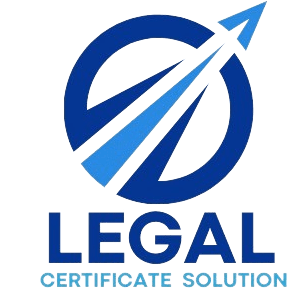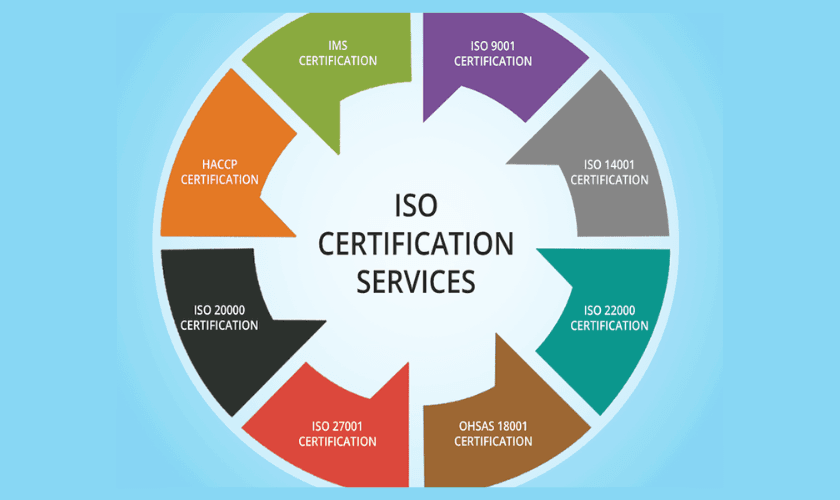ISO certification, or International Organization for Standardization certification, is a globally recognized accreditation that signifies an organization adheres to specific quality management standards. It serves as a testament to a company’s commitment to maintaining high standards in its products, services, and processes.
What are the Benefits of ISO Certification?
Improved Quality
ISO certification ensures that businesses implement robust quality management systems (QMS), leading to enhanced product or service quality. By adhering to ISO standards, organizations can identify and rectify quality issues promptly, thereby fostering a culture of continuous improvement.
Increased Efficiency
Implementing ISO standards streamlines processes, reduces redundancy, and eliminates inefficiencies. Through systematic documentation and adherence to best practices, businesses can optimize resource utilization and enhance operational efficiency.
Reduced Costs
ISO certification helps in identifying cost-saving opportunities by minimizing waste, errors, and rework. Streamlining processes and enhancing productivity ultimately lead to reduced operational costs, contributing to improved profitability for startups and small businesses.
Improved Customer Satisfaction
Meeting ISO standards demonstrates a commitment to delivering consistent quality and customer-centric services. Enhanced product quality, timely delivery, and effective resolution of customer complaints foster trust and loyalty, thereby improving overall customer satisfaction levels.
Increased Sales
ISO certification enhances a company’s reputation and credibility in the marketplace. It serves as a powerful marketing tool, providing assurance to potential customers about the reliability and quality of products or services offered. This increased trust often translates into higher sales and market share for businesses.
Improved Employee Morale
ISO certification fosters a culture of accountability, transparency, and continuous improvement within an organization. Employees feel empowered knowing that their contributions are instrumental in maintaining quality standards, leading to higher morale and job satisfaction.
How to Get ISO Certified
Obtaining ISO certification involves several steps:
- Conduct a Gap Analysis: Assess your current processes against the requirements of the desired ISO standard to identify areas needing improvement.
- Implement Necessary Changes: Make necessary adjustments to processes, documentation, and infrastructure to align with ISO standards.
- Training and Awareness: Train employees on the new processes and ensure awareness of their roles in maintaining ISO compliance.
- Internal Audit: Conduct an internal audit to evaluate the effectiveness of implemented changes and identify any non-conformities.
- Certification Audit: Engage a third-party certification body to conduct a thorough audit of your QMS to determine compliance with ISO standards.
- Address Non-Conformities: Address any non-conformities identified during the certification audit and implement corrective actions.
- Obtain Certification: Upon successful completion of the certification audit and addressing any non-conformities, receive ISO certification.
How to Choose the Right ISO Standard for Your Business
Selecting the appropriate ISO standard depends on various factors, including:
- Industry: Choose standards relevant to your industry, such as ISO 9001 for quality management or ISO 14001 for environmental management.
- Business Goals: Identify specific areas where you aim to improve, whether it’s quality, environmental performance, information security, or occupational health and safety.
- Customer Requirements: Consider the expectations and requirements of your customers, as compliance with certain ISO standards may be necessary to win contracts or partnerships.
Tips for Getting Started with ISO Certification
- Start Small: Begin with one ISO standard and gradually expand to others as your business matures.
- Engage Employees: Involve employees at all levels in the certification process to ensure buy-in and commitment to maintaining ISO standards.
- Continuous Improvement: ISO certification is not a one-time achievement but a journey of continuous improvement. Encourage a culture of learning and adaptation within your organization.
- Seek Professional Assistance: Consider hiring consultants or experts familiar with ISO standards to guide you through the certification process and ensure compliance.
In conclusion, obtaining ISO 9001 Certification offers numerous benefits for startups and small businesses, including improved quality, increased efficiency, reduced costs, enhanced customer satisfaction, and increased sales. By following the steps outlined above and selecting the right ISO standard for your business, you can embark on a journey toward excellence and sustainable growth.


